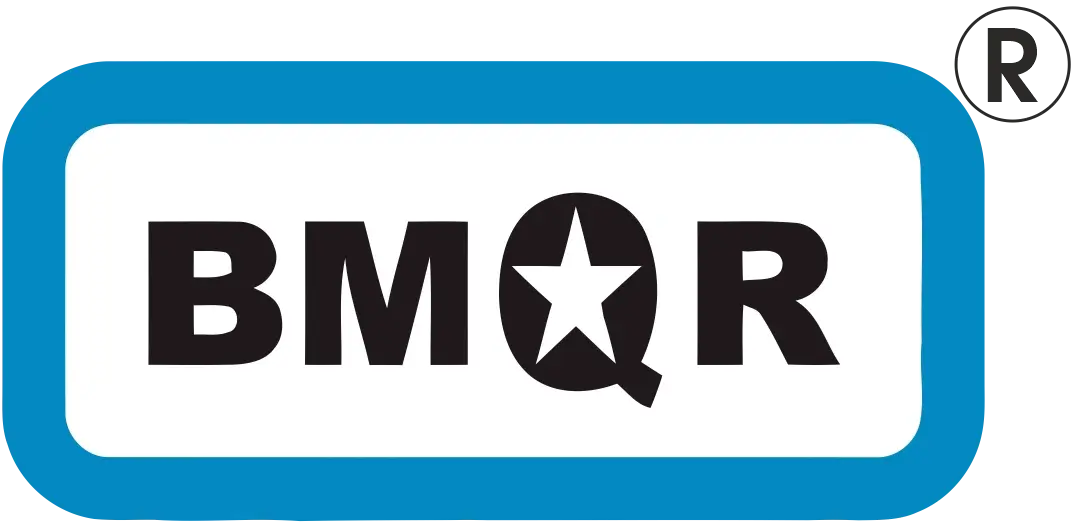Introduction:
In today's competitive business landscape, meeting customer requirements and delivering high-quality products and services are paramount for success. The Capability Maturity Model Integration (CMMI) offers a powerful framework that enables organizations to implement best practices, establish efficient processes, and improve overall performance. In this article, we will explore how CMMI can help organizations address customer pain points and enhance customer satisfaction by fostering excellence in their operations.
Implementing Best Practices:
Customer requirements are diverse and ever-evolving. To meet these demands, organizations need to adopt proven best practices that align with industry standards and customer expectations. CMMI provides a comprehensive set of best practices for process improvement, project management, and quality assurance. By leveraging CMMI, organizations can identify and implement the most effective and efficient approaches, ensuring consistent and high-quality outputs that meet and exceed customer requirements.
Enhancing Process Efficiency:
Inefficient processes can lead to delays, errors, and increased costs, ultimately impacting customer satisfaction. CMMI guides organizations in evaluating their existing processes and identifying areas for improvement. By streamlining processes and eliminating bottlenecks, organizations can enhance efficiency, reduce cycle times, and deliver products and services to customers more promptly. Improved process efficiency also enables organizations to respond faster to customer needs and market demands, creating a competitive advantage.
Establishing Robust Systems:
Robust systems are essential for organizations to consistently deliver value to their customers. CMMI helps organizations establish and maintain robust systems that support efficient and reliable operations. From project management to risk assessment, CMMI offers guidance to ensure that organizations have well-defined processes and systems in place. By implementing these systems, organizations can better manage resources, control risks, and optimize project outcomes, all of which contribute to improved customer satisfaction.
Continuous Improvement Culture:
CMMI fosters a culture of continuous improvement, where organizations are encouraged to review and enhance their processes and systems regularly. Customer requirements and market dynamics are constantly changing, and organizations must be agile in adapting to these changes. Through CMMI's continuous improvement practices, organizations can continuously learn from experiences, identify areas for enhancement, and evolve to stay ahead in a dynamic marketplace. This focus on continuous improvement directly translates into increased customer satisfaction as organizations consistently deliver better products and services.
Demonstrating Commitment to Quality:
Customers value organizations that prioritize quality and excellence in their operations. CMMI certification serves as tangible evidence of an organization's commitment to quality and process improvement. When customers see that an organization has achieved CMMI certification, they can trust that their projects and requirements will be handled with utmost professionalism and adherence to industry best practices. CMMI certification also opens doors to new opportunities, as it showcases an organization's capability to deliver exceptional results.
Conclusion:
CMMI is a powerful tool for organizations looking to address customer pain points and enhance customer satisfaction. By implementing various best practices, establishing efficient processes and systems, fostering a culture of continuous improvement, and demonstrating a commitment to quality, organizations can excel in their operations and exceed customer expectations. CMMI not only helps organizations meet customer requirements but also positions them as leaders in their respective industries. As businesses strive for excellence and customer-centricity, CMMI serves as a reliable and valuable resource to drive success and build long-lasting customer relationships.






